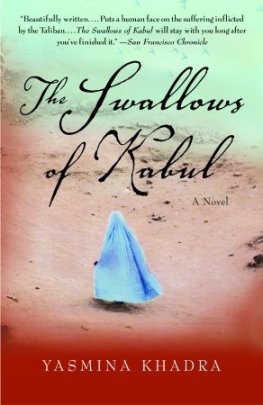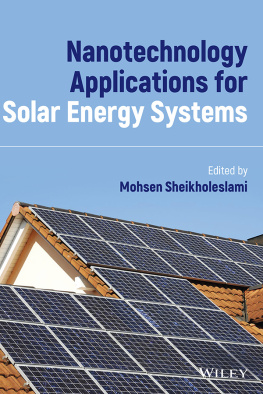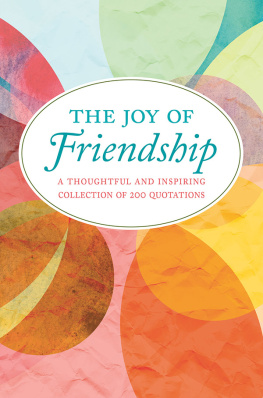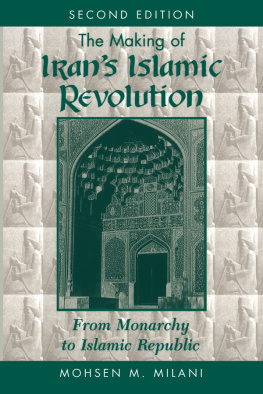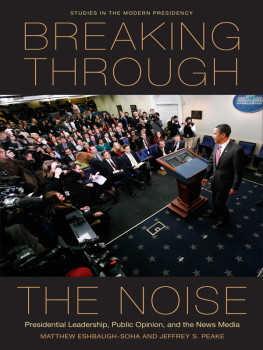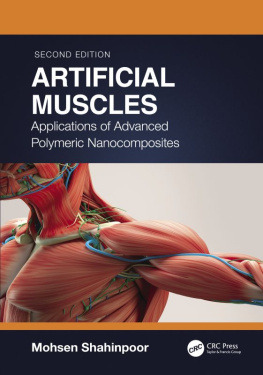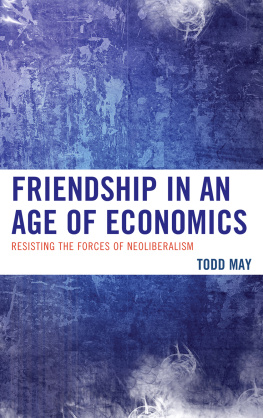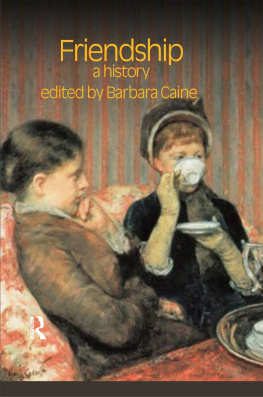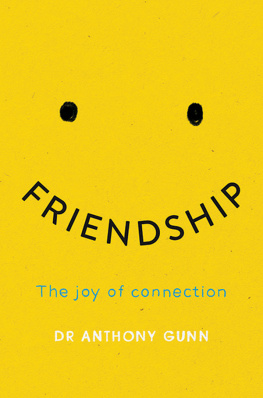cairo papers in social science is a valuable resource for Middle East specialists and non-specialists. Published quarterly since 1977, these monographs present the results of current research on a wide range of social, economic, and political issues in the Middle East, and include historical perspectives.
Submissions of studies relevant to these areas are invited. Manuscripts should be around 150 doublespaced typewritten pages and submitted in hard copy or electronically. References should conform to the format of the American Anthropological Association (references with author, date and page parenthetically within the text). Manuscripts are refereed and subject to approval by the Editorial Board.
Opinions expressed in CAIRO PAPERS do not necessarily reflect the views of the editorial staff or of the American University in Cairo. The editors welcome diversity of subject matter and viewpoint.
EDITORIAL BOARD
Maha Abdelrahman
Cambridge University
Amina Elbendary
Arabic & Islamic Civilizations, AUC
Nicholas S. Hopkins, Chair
Anthropology, AUC
Marco Pinfari
Political Science, AUC
Malak S. Rouchdy
Sociology, AUC
Hanan Sabea
Anthropology, AUC
Earl L. Sullivan
Political Science, AUC
Joel Beinin
Stanford University
Sharif Elmusa
Political Science, AUC
Ann M. Lesch
Political Science, AUC
Hoda Rashad
Social Research Center, AUC
Reem Saad
Anthropology, AUC
Mustapha K. Al-Sayyid
Pol. Science, Cairo U.
Iman A. Hamdy
Editor
For submissions and inquiries,
please contact:
Dr. Iman Hamdy
Cairo Papers in Social Science
The American University in Cairo
P.O. Box 74
New Cairo 11835, Egypt
Tel: +202.2615.1586
cairopa@aucegypt.edu
Cover photo: courtesy of Tasneem Gad
Copyright 2020 by the American University in Cairo Press
113, Sharia Kasr el Aini, Cairo, Egypt
One Rockefeller Plaza, New York, NY 10020
www.aucpress.com
All rights reserved. No part of this publication may be reproduced, stored in a retrieval system, or transmitted in any form or by any means, electronic, mechanical, photocopying, recording or otherwise, without prior written permission of the copyright owner.
eISBN 9781649030672
Version 1 EPUB
Acknowledgments
To Dr. Hanan Sabea, the mentor, the shining star, and the friend who accompanied me for two and a half years through the most exhilarating ride of my life. I remember September 2015 when it all started, her voice and her glimmering eyes, her encounters with the joys and dramas of the everyday. She taught me that it all matters. Hanans engagement with classic and contemporary anthropologists, philosophers, and thinkers, alive or dead, near or far, taught me that a conversation is always possible if you are brave and attentive enough. She very elegantly brought them all to life. Hanan breathes life into texts, stories, and theories. Most of all, she has constantly incited a capacity in me for wonder and an openness to surprise, to awe, to the endless potentialities of thought, imagination, and empathy. She is the one person I know who fully embodies what C. S. Lewis (1950) wrote one day: But some day you will be old enough to start reading fairy tales again. She reads fairy tales and she trusts fairy tales; she reads them out loud to her students, inviting creatures of imaginative bodies to join us and speak to us words of truth and wisdom. She insisted on the attempt to restore the brilliance and inventiveness of little children, in how they pay attention to the world, how they express themselves wildly and freely. Dr. Hanan travels through time. Sometimes shes Alice, leading us into the perplexing, dazzling wonderland of epistemologies, philosophies. and concepts. Other times she stands at the back of class, or in a corner, quiet and observing, and patiently waits as we begin to stutter our ways to open up. Once we start talking with her, the conversation never ever really ends.
To Dr. Martina, who witnessed and very much contributed to the making of this manuscript, as well as to my overall experience at AUC. She guided me through my own thinking process, and introduced me to some of the most interesting and radical texts across several disciplines: social sciences, critical geographies, philosophy, urban studies. I would like to thank her for her astounding generosity, sharing every piece of knowledge she has with those who surround her; for always welcoming and encouraging new ideas; and for the diligent and continuous effort she makes as she keeps her eyes open for new ways of thinking and new modes of learning. I would like to thank her for bearing with me and helping me pass the emotional lows and intellectual blocks. She has given me precious and absolutely timeless advice on writing, how to make it happen and how to let it, simultaneously, unmake and remake her. Writing is life, she used to tell me, and it is from her that I learned that the flow of writing is the flow of life itself. One does not freeze life in order to write about it; they both happen together and to each other.
To Dr. Ian, whom I met in 2016. Together with Dr. Kiven Strohm, we ventured into the world of affect theory and different approaches to reading and writing, to theorizing, to doing ethnography, to living, thinking, and relating to one another. I would like to thank them for being genuinely open to exploring new territories of thought with me, and for constantly pushing me to write my heart out, without fear. In the last months of writing this manuscript, they were there as I went through many moments of uncertainty and doubt, fear, and anxiety. They always knew how it feels to be an MA student rushing after deadlines, and they kindly provided support, understanding, and very helpful insight from their own experiences with writing, so as to make the process easier and less lonesome.
To Dr. Munira, who blew my mind with her creativity, courage, and warmth of heart. She challenged me to look for life where there seems to be only violence, destruction, and death. I want to thank her for pushing me to pay attention to the silences and absences, and to look for what lies behind them. I remember we shared a passion for Elena Ferrante novels, and they allowed me to extend my imagination and further pursue that passion, describe it, question it, trace it, write about it. I will never forget the sound of their laughter.
To Dr. Dina, who very powerfully helped me ground myself in thinking about the everyday dynamics of and relations between work, personhood, and the different kind of labor it takes to make a living. I thank her for being extremely empathetic, patient, and supportive with me. I thank her for making Fall 2017, which was a difficult and intense semester to say the least, much more bearable and kind, and for pushing my research topic by generously and openly sharing every bit of academic knowledge as well as personal bits and stories about friendship that might help enhance and enrich my project.
To Dr. Ramy, who grounded me in the various views on and approaches to ethnography, ethnographic methods, and ways of doing fieldwork. I thank him for taking in my very first attempts and baby trials at doing interviews. He has given me the rooms of time and trust that enabled me to share those tests and tryouts with him and with the rest of my colleagues. I thank him and I will always cherish the space of learning and interacting that he has constructed and invited me into, with much comfort and great care.



